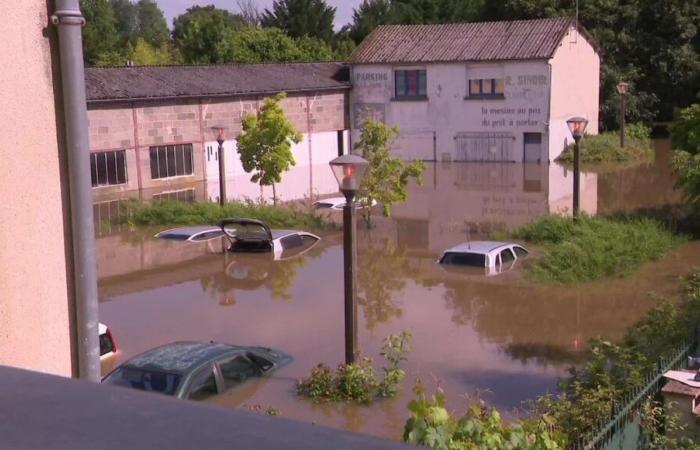In June 2024, a stormy episode hits Mayenne. In some communities, the equivalent of a month's precipitation falls in one day.
Major damage
Housing, but also public buildings and businesses are flooded. The damage is colossal. Understanding climate change has become a major challenge for insurers. They are based on the work of teacher-researchers from the Institute of Risk and Insurance at the University of Le Mans.
Models to better protect yourself
Director of the Le Mans Institute of Risk and Insurance, Anis Matoussi is a mathematician. It tests models to assess, as precisely as possible, the financial impact of climatic events: “We model and evaluate the occurrence of these disasters, or their intensity. The objective is above all to hedge against this risk. Because it's the most important. We rely on mathematical models.”
An increase in insurance
If the discipline is complex, the results are concrete. The increase in extreme weather events leads to an increase in expenses. And therefore an increase in insurance prices. “We are announcing an increase of five to ten% this year. For what ? Because we have had a lot of climatic phenomena.“
Anticipate risks to renovate sensitive areas
The work of these teacher-researchers is also useful for changing our behavior: “Insurers obviously cover the damage, explains François Langot, deputy director of the Le Mans Institute of Risk and Insurance. Hes also have prospective work. Their mission is to determine what to renovate and to know what to rehabilitate? Because certain places which are very exposed to risks.”

Towards a doubling of insurance premiums by 2050
Floods, droughts or swelling of clay soils. The effects of climate change threaten people and property more and more each year. The price of insurance could double by 2050.
France








